Spanish crop growers fear CAP reform
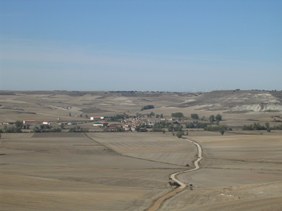
Spanish cereal farming is unsustainable without support from Brussels, and farmers and agronomists say many farmers may give up growing altogether after EU farm aid within the Common Agriculture Policy is reformed in 2013, Reuters reports.
Spanish farmers in 2010 will harvest an estimated average of 2.83 tonnes of winter cereals – mainly wheat and barley – for every hectare they planted.
Compared to neighbouring countries and despite improvements in recent years, these yield are still very low, mainly due to the dry climate, poor soils and lack of arable land. In France, for example, this year harvests of 7 tonnes per hectare are expected.
Spanish maize yields are far higher at 10 tonnes/hectare but rely on costly irrigation, which is not feasible for wheat and barley.
Low profitability
To break even farmers have to sell wheat at €136 euros/tonne in Spain’s northerly Castilla-Leon grain belt. Although wheat prices have rocketed in the last few weeks, prices were below this level until mid-July.
This profit losing scenario has resulted in a planting decline of 11% since 2001/2.
Total cereal harvests in Spain – including maize – have varied in recent years between 14 million and 24.7 million tonnes, depending on late spring weather. Farmers and traders expect to harvest 16.9-17.6 million tonnes in 2010.
Spain also grows about 800,000 tonnes of oilseeds a year, mainly sunflower seeds.
Demand higher than supply
Farmers estimate demand for cereals in the 2010/11 market year at some 26 million tonnes, 18 million of which goes to make animal feed.
Even in bumper years, Spain cannot grow enough cereal to meet its needs. After allowing for stocks, the structural shortfall in 2010/11 will be some 10 million tonnes, according to farmers’ estimates.
In the past decade, Spain has imported up to 15 million tonnes of cereals a year, which came long distance market such as Argentina and Kazakhstan.
Spain also imports up to 4 million tonnes a year of oilseeds, mainly soybeans.
Join 26,000+ subscribers
Subscribe to our newsletter to stay updated about all the need-to-know content in the feed sector, three times a week. Beheer
Beheer

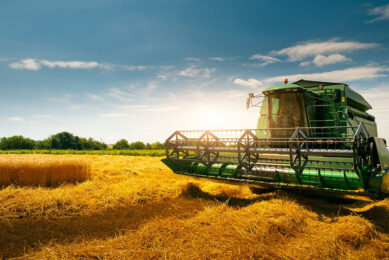
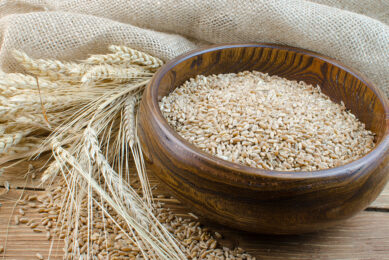
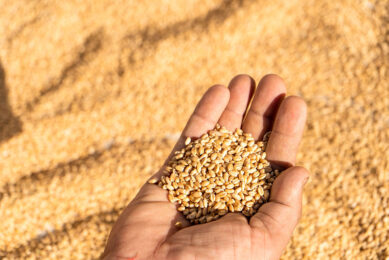
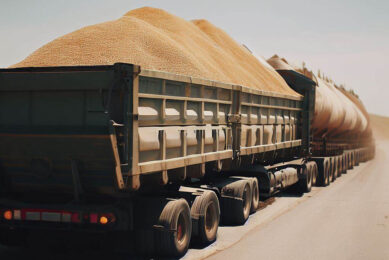




 WP Admin
WP Admin  Bewerk bericht
Bewerk bericht